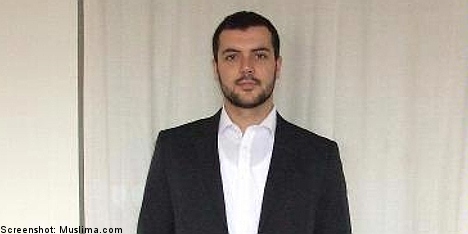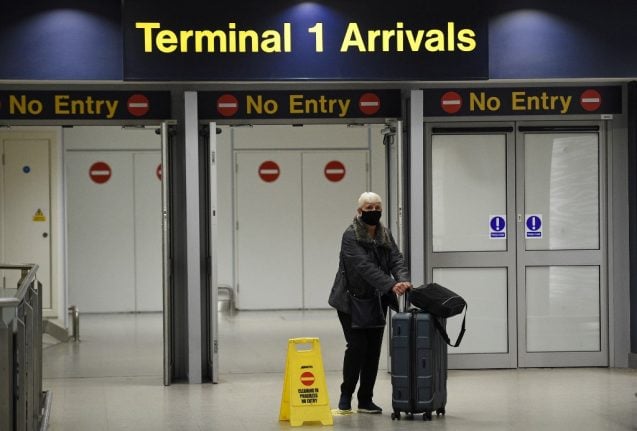The UK authorities are investigating 31-year-old Nasserdine Menni, who is suspected of financing the attack and was arrested in Scotland in March.
During the investigation it has emerged that Abdulwahab rang a mobile telephone in Iraq the same day he blew himself up. He also received a call from a mobile telephone in Iraq and then called Menni repeatedly.
Abdulwahab is also reported to have received training in terrorism in Syria and Iraq during the summer 2009. He is also thought to have bought a pressure cooker, fireworks, chemicals, nails, steel balls and other articles of Sweden with which to manufacture explosives.
The Stockholm bomber is reported to have been in contact with Menni since 2003.
Menni is now suspected, aside from having provided finance via various bank accounts, of a long list of criminal offences – including fraud, using false identity documents and breaking immigration laws.
On Wednesday he faced a Glasgow court in a preliminary hearing which ended with a new hearing fixed for January 18th, 2012.



 Please whitelist us to continue reading.
Please whitelist us to continue reading.
Member comments